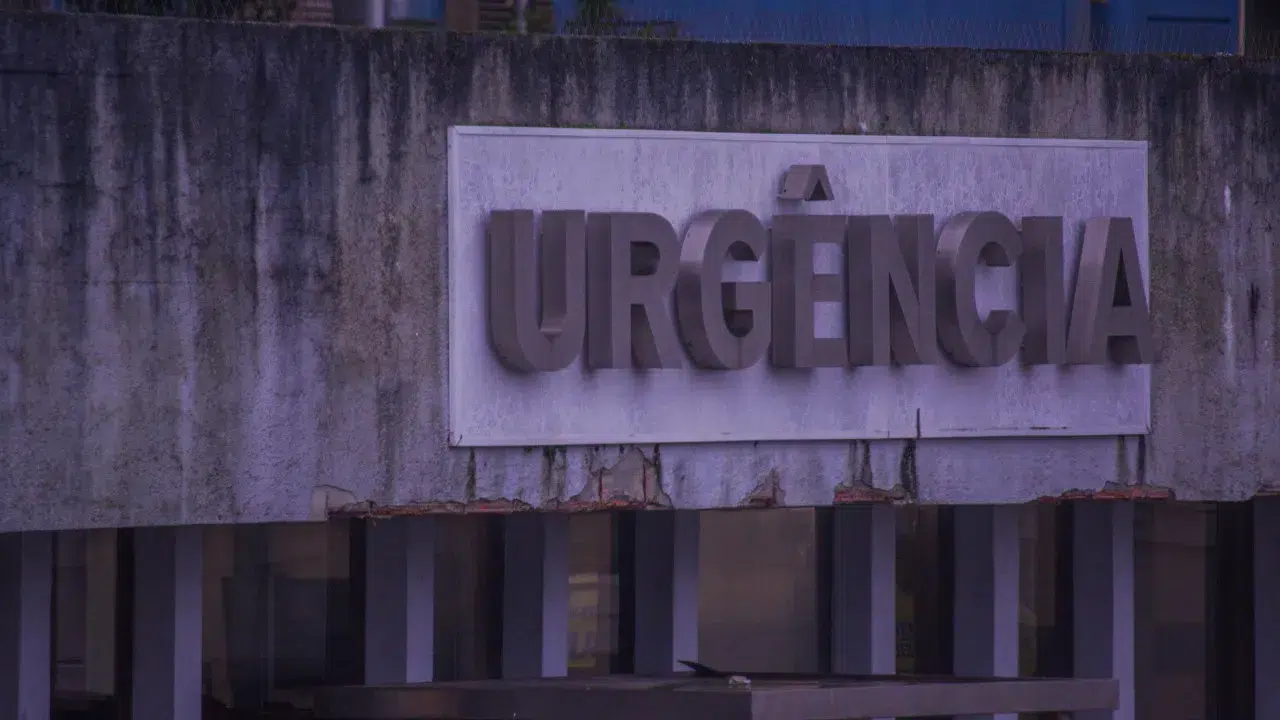This week, the government approved a law extending access to support for loan interest and stabilizing the value of installments, six months after the publication of the decree-law on support for rent and home loans.
This decree-law was one of the first pillars of the Mais Habitação (More Housing) program and one of the few measures already in force, since the bulk of the measures in this package were referred to parliament for discussion, as they covered matters that fall within the exclusive competence of the Assembly of the Republic – as is the case with tax issues – and the law, which was approved in the meantime by the Socialist majority, was vetoed by the President of the Republic.
In the case of the measures already in force, particularly with regard to credit support, the Council of Ministers will make some changes aimed at, on the one hand, giving some predictability to families with housing loans who have seen their loan payments rise with each renewal over the last year and, on the other hand, increasing the amount of support for interest payments.
Speaking after the Social Dialogue meeting last week, Finance Minister Fernando Medina said that the first measure would “stabilize the value of benefits for a period of two years”.
The aim of the measure, which, he said, has been worked on with the Bank of Portugal and the Portuguese Banking Association (APB), is to help “families feel more confident about” planning their spending, reducing the fear that “there will be sudden rises [in interest rates by the European Central Bank] and further rises in the [Euribor] benchmark updates”.
Another piece of legislation expected to be approved by the Council of Ministers this Thursday includes an extension of the measure currently in force to support interest subsidies, which should involve changing the criteria and establishing a higher subsidy.
The decree-law published on March 22 provides for maximum annual support of up to 1.5 Indexante de Apoios Sociais (IA), i.e. up to 720 euros per year, making this support dependent on the rise in interest rates and their impact on the effort rate with the loan for families who have applied for up to 250,000 euros, and with income up to the 6th IRS bracket.
Data referred to by the Secretary of State for the Treasury, João Nuno Mendes, in an interview with Jornal de Negócios and Antena 1 revealed that in the first month of application the measure registered 10,000 requests.
However, the government has already admitted that the impact is less than expected.
In the case of rent support – which can be up to 200 euros a month – the measure reached 185,000 families, but this week’s Council of Ministers is also expected to clarify the access criteria, namely the income that must be taken into account, overcoming the questions that arose in the summer because this assessment was made on the basis of an order.
Rent support covers people with an effort rate above 35% and taxable incomes of up to 38,632 euros (6th IRS bracket), with the measure running until the end of 2028.
Another of the housing-related issues that will be under consideration this week has to do with the updating of rents in 2024, with a series of meetings scheduled to take place between Thursday and Friday between the Minister of Housing, Marina Gonçalves, various associations in the sector (tenants, landlords and consumers) and the trade unions.
The issue gained a lot of visibility after the National Statistics Institute (INE) released the inflation rate that serves as a reference for the annual updating of rents, which is 6.94%.
For this year, the government has set a maximum update limit of 2%, which is 3.43 percentage points below the inflation benchmark.
Meanwhile, this Thursday, parliament will once again discuss the Mais Habitação law, following the President’s veto on August 21, in which Marcelo Rebelo de Sousa expressed a “negative judgment” of the measures proposed by the government and criticized the lack of consensus on Mais Habitação.








